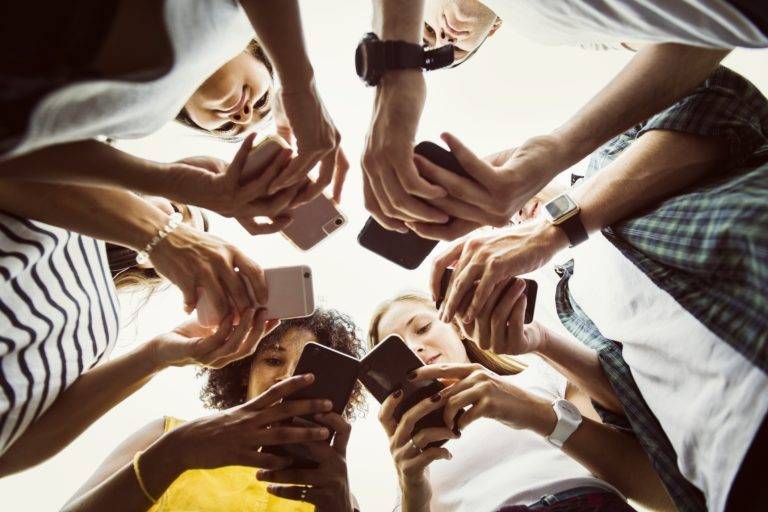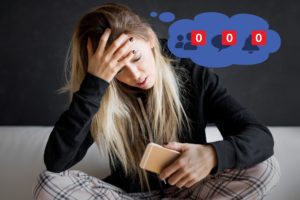4 Ways Social Media Affects Our Mental Health

Staying connected is an innate human need. Being socially connected to others is a way to ease our anxiety, stress and give a boost to our self-worth. On the other hand, not interacting with others can have several negative effects on your mental health.
With changing technology, we have started relying on social media to stay connected with friends and family. Unfortunately, this virtual connection fails to bring the same benefits as an in-person connection. Instead, spending too much time on social media is closely linked with several mental health issues.
In this post, we look at four ways social media can affect your mental health and how you can cope with this challenge.

Addiction
Social media addiction is real, which has been proved by several studies where the research participants fulfilled the addiction criteria. Moreover, other research on social media addiction confirmed that people also experience withdrawal symptoms when they stop using social media.
So the more you spend time on social media, it’s likely to lead to addiction.

Depression
The more you rely on social media, the higher is the risk of feeling sad and lonely. Studies have confirmed that social media is closely linked to less happiness and less overall life satisfaction. Since the use of social media affects your self-esteem and life satisfaction, it can significantly increase your risk of depression.

Anxiety
An increasing number of teens and young adults are so invested in their social media accounts that they feel the pressure of being online, responding quickly, and posting near-perfect pictures and details of their life events. Unfortunately, keeping up with everything that’s happening online is a stressor that can cause anxiety among an increasing segment of society.

Jealousy
As kids, everyone has experienced the comparison trap. When you compare yourself with your sibling performing better at school or is “mom’s favorite,” it is only natural to feel jealous. The same thought process is triggered when you see your “friends” dressed up better than you or sharing inspirational life stories. When you come across all the positive “highlights” of your friend’s lives, you get into the comparison trap, which affects your self-esteem and leads to feelings of jealousy and envy.
Tips to Modify the Use of Social Media to Improve Mental Health
Fortunately, there are ways you can alter your use of social media so you can improve your mental health:
- Reduce Your Screen Time – Studies indicate that reducing the use of social media to 30 minutes a day can significantly reduce your depression, anxiety, and loneliness.
- Change Your Focus to More Constructive Forums – Shift your focus from mindless scrolling to more constructive forums.
- Build Meaningful Physical Connections – Connection is a basic human need, and here connection is all about physically connecting with your friends and family.
To find out more about coping with mental health concerns, connect with us now.
